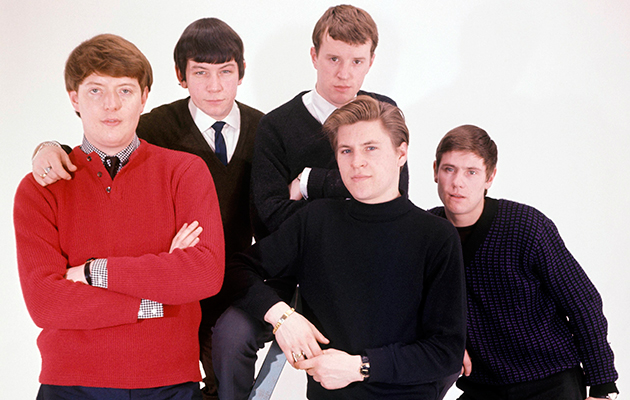STEEL: At first it just seemed like a good commercial record that we wouldn’t be embarrassed about. We never thought at the time that it would become this anthem that would be adopted by the US troops in Vietnam.
VALENTINE: We only realised its impact after the band had split [in 1966]. We reformed in 1976 and did a world tour, and it was only then we realised the profound effect it had on US forces in Vietnam. We were meeting vets backstage who told us the song got them through Vietnam. It was No 1 on the American Forces network for years.
BURDON: I’ve had guys come up to me and tell me that I saved their lives, people I’ve never met. Guys who went out on a patrol for a few hours and came back to the camp and found all their friends had been blown up. It was Vietnam, and then it was Iraq. That song means so much to people.
STEEL: I talk to squaddies on the road even now and they come up to me and say that they listen to that song in Iraq and Afghanistan. But it’s also this anthem that kids sing when they leave school. It has hung about – all these resonances pop up. Springsteen was on a major tour last year and he gave us loads and loads of Brownie points as one of his major inspirations. He said “…Place” was his whole bag! Very nice of him.
BURDON: In the last couple of years I’ve been up onstage with Springsteen a few times and he always wants to play that song. Yeah, it’s nice.
VALENTINE: I’ve still no idea what the writers felt about it.
BURDON: We never got any feedback from Mann and Weil, except I was in my doctor’s office once and this pregnant lady was sitting next to me. I had no idea who she was. The bell rang and it was her turn to go in to see the doctor, and as she walked across the room she came over and said [in a disdainful New York whine], “You know, me and Barry hated what you did with our song.” I said, “Pardon me!” That was in the ’80s, in Hollywood. I’ve told that story to guys who knew them personally and they’ve said, “Oh yeah, he was so pissed off, because he was starting his own career as a singer with that song.” I thought, ‘Why the hell did they ship it out to us, then?’ Complaining about having a hit and making a fortune and having something meaningful that has lasted. Isn’t that why you write songs in the first place?



